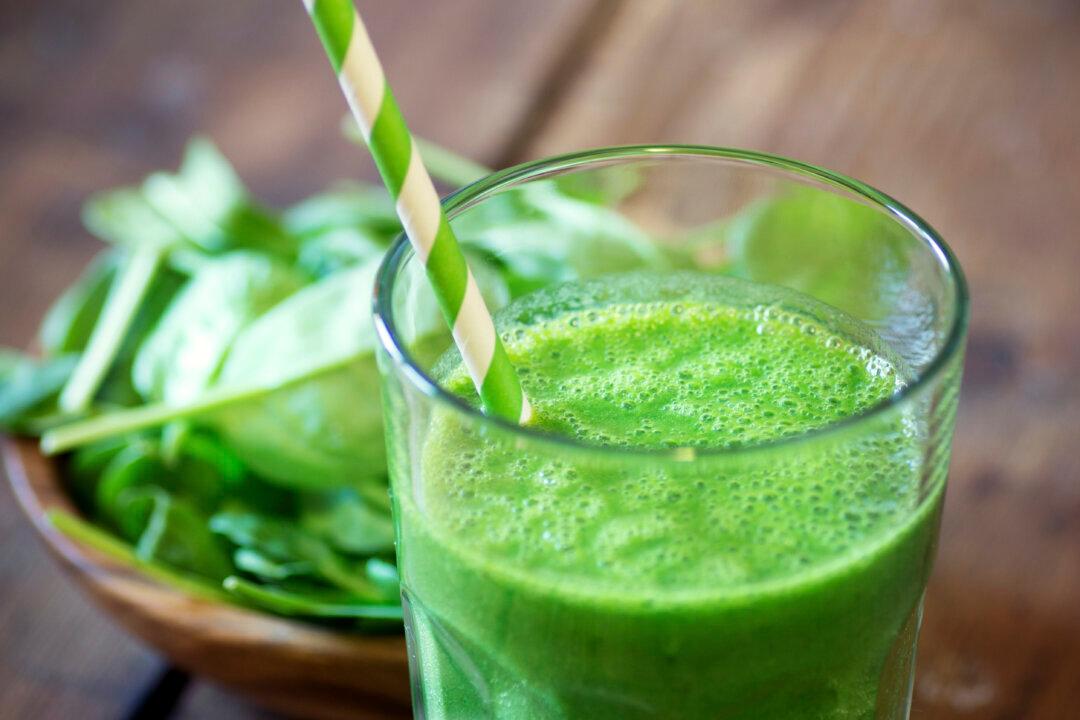Black pepper, spinach and other common foods can assist in appetite control, helping you stay on a natural path toward health and wellness
Being overweight or obese is the result of a complex set of interactions among genetic, behavioral and environmental factors. And despite the seemingly countless weight loss diets, strategies, potions and devices offered to Americans today, it’s important to know that healthy weight loss entails comprehensive lifestyle changes, including a balanced diet.





